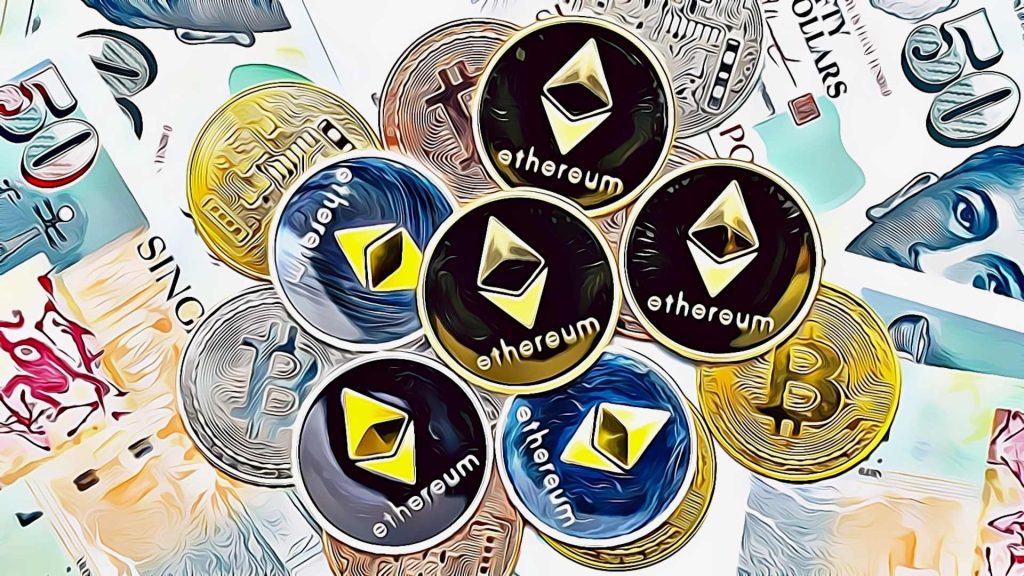In a recent official article, Daimler AG, the multinational automotive corporation behind the Mercedes-Benz brand, laid out their ongoing plans to absorb blockchain technology into a wide spectrum of their operations. The motivation behind the move can be drawn by Daimler’s assertion that “The fact is… this technology is approaching the breakthrough that many experts have been conjuring up for years.”
With a well established Startup Intelligence Centre providing an easy entry point for external companies from the fields of mobility, financial technology (FinTech), and insurance technology (InsurTech), Daimler have been fostering relations with new businesses at the forefront of the innovation.
Autonomous Vehicles and Networked Sensors
Daimler, who have audited assets of over €280 billion, confirm – although do not disclose any specifics – that they have already researched uses of the technology and are utilising smart contracts to facilitate financial transactions.
One area where details are more forthcoming is in a pilot project for a blockchain-based Mercedes-Benz supply chain that according to Sabine Angermann, Mercedes-Benz’ Head of Purchasing and Supplier Quality for Raw Materials and Strategy, “…has the potential to thoroughly revolutionise our procurement processes and could have an impact on virtually the entire value chain.”
The company also state they are looking at the wider picture of smart city environments where “In the not-too-distant future, millions of (autonomous) vehicles and networked sensors will be communicating with each other, to exchange information…and to automatically protocol this and pay for it by micropayment.”
In this particular arena, Daimler supports two projects focusing on bringing this networked vision to life – the Mobility Open Blockchain Initiative (MOBI), and the Blockchain in Transport Alliance (BiTA).
Moving forward, Daimler are actively researching three other key areas of blockchain implementation:
- mobility as a service (MaaS) where fleets of thousands of vehicles can be managed via smart contracts.
- digitalisation of contracts and regulatory documents.
- tokenisation of asset values and/or services in raising finance or distribution of revenues.
Daimler, while acknowledging there is “still a lot of work to do”, believe the “…blockchain path appears to be preordained...[and]…comparable with the internet from the early 1990s. But technical problems such as speed and ease of use will be solved faster than at that time. The network is already there. The opportunities are unlimited.”






















